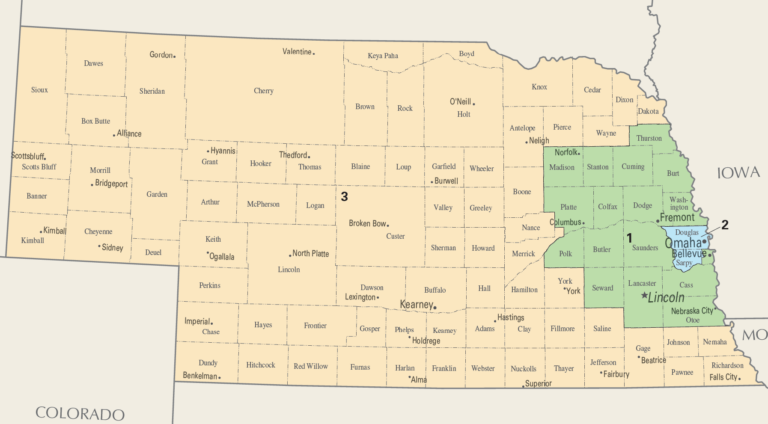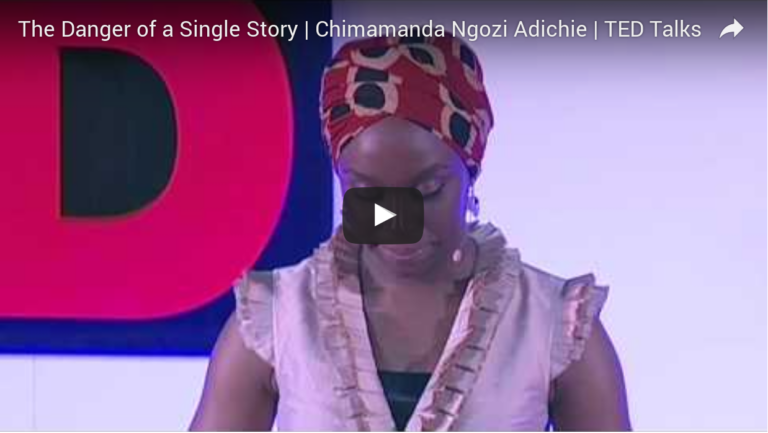Civility and the Filter Bubble
Last week, writing about Bernie Sanders’s speech at Liberty University, I mentioned in passing the perils of living in a bubbled media environment. I defined the term, offhandedly, as a situation in which individuals on the left or the right… see only news that supports their ideologies. It occurred to me only after I published the post that I had never talked about bubbling here before, and that it is a concept that is essential to the contemporary landscape of civility – or the lack thereof.

The term bubbling – or filter bubbling – comes from online activist Eli Pariser and gained notoriety in his 2010 book, titled somewhat dramatically The Filter Bubble: What the Internet Is Hiding from You. Filter bubbling, Pariser says, is the situation in which websites are personalizing themselves to suit our interests:
For example, on Google, most people assume that if you search for BP, you’ll get one set of results that are the consensus set of results in Google. Actually, that isn’t true anymore. Since Dec. 4, 2009, Google has been personalized for everyone. So when I had two friends this spring Google “BP,” one of them got a set of links that was about investment opportunities in BP. The other one got information about the oil spill. Presumably that was based on the kinds of searches that they had done in the past.
Now, five years after the publication of Pariser’s book, this is old news (relatively speaking). Not only does Google filter results, but so does Yahoo, Facebook, Amazon, Netflix, and a host of other popular sites. In part, the idea behind it is to return results that users will find relevant. And in part it’s a business decision. All of these services are essentially platforms for serving advertisements, and the more content of which users approve, the more likely it is that they will approve of the ads, too.
In any case, the problem with bubbling is that, at its worst, it works as a kind of extension of our preexisting tendency toward confirmation bias. As Jacob Weisberg, writing at Slate, says, it’s now possible to imagine a world in which every person creates his own mental fortress and apprehends the outside world through digital arrow-slits. Or to paraphrase Tim Berners-Lee, inventor of the World Wide Web: it is a method by which we create a closed silo of content that excludes the kinds of information that call into question what we already think.
If you are not Web savvy but this sounds familiar, it may be because the filter bubble extends well beyond services like search engines. The editorial process of newspaper and television newsrooms has always shown the ideological biases of its decision-makers. Choices about which items are newsworthy and in what priority they are shown can by definition never be objective.
But what is new since the turn of the millennium is that with the proliferation of cable news channels and online news-analysis outlets like The Daily Kos and The Drudge Report, we can now self-select for progressive or conservative takes on news stories, and for other kinds of ideological preferences from attitudes toward technology, to religion, to whatever else.
In effect, in other words, we increasingly tend to bubble ourselves.
Returning to civility, the problem with the filter bubble should be abundantly clear. If we see only the viewpoints that confirm that our ideological positions are correct, we are apt to assume that they are in fact correct. And even if we know intellectually that other positions exist and that we are not seeing them only because of an invisible algorithm, we are apt to feel that those positions are somehow lesser, or secondary, or exist on the fringe.
This leads to a kind of polarization of opinion where we are less apt to listen to those who disagree with us for two reasons. First, we simply don’t hear from those people as much. And second, when we do hear from those people, we are not in practice at listening past our preconceived notions and taking other points of view seriously. It is not necessarily malicious. But if we don’t exercise those muscles, they are apt to atrophy.
There is a another, perhaps more serious, implication of this for civility, too. The choice not to see those people who disturb our preexisting ideologies – whether we make that choice or whether Google makes that choice for us – represents a kind of devaluation. If all we see, for example, of the culture of rural Louisiana are the most snide, least sympathetic news stories about television’s Duck Dynasty, that will inevitably color our perceptions of rural Louisianans for the worse. And if we don’t see thoughtful information about what people in that region want – if we don’t see them represented as they want to be represented – there is no opportunity at all for the rest of us to change our minds.
The trouble with bubbling, in the end, is in the preliminary work that needs to be done to get to a notion of civility as claiming and caring for one’s identity, needs and beliefs without degrading someone else’s in the process. How can we find ways to not degrade others’ identity, needs and beliefs if our media filters prevent us from having a real sense of what those things are? And how can we find ways to value other people’s opinions if the media we consume tells us not to take them seriously?
That said, there are some things that we can do to thwart bubbling. In terms of search engines: Google searches have, for several years now, offered a ‘verbatim’ option which presents results without the filter; and other search engines, notably DuckDuckGo, explicitly market themselves as non-bubbling.

But even simpler than that is the choice to read multiple news sources. Sources that agree with our ideologies are great and in many cases valuable, but so are sources that disagree; and so are sources like foreign newspapers that provide an outsider’s perspective. If you read The Washington Post, read The Washington Times, too. If you read The Wall Street Journal, try The New York Times. And we should all, perhaps, be reading Der Spiegel, or Corriere della Sera, or Al Jazeera.
Since Eli Pariser’s book in 2010, we’ve seen a lot of writing about ways to improve technology to combat bubbling. And yes, that is important. But for the sake of civility, the simple act of diversity in what we read is pretty important, too.



Helen Hutchison liked this on Facebook.